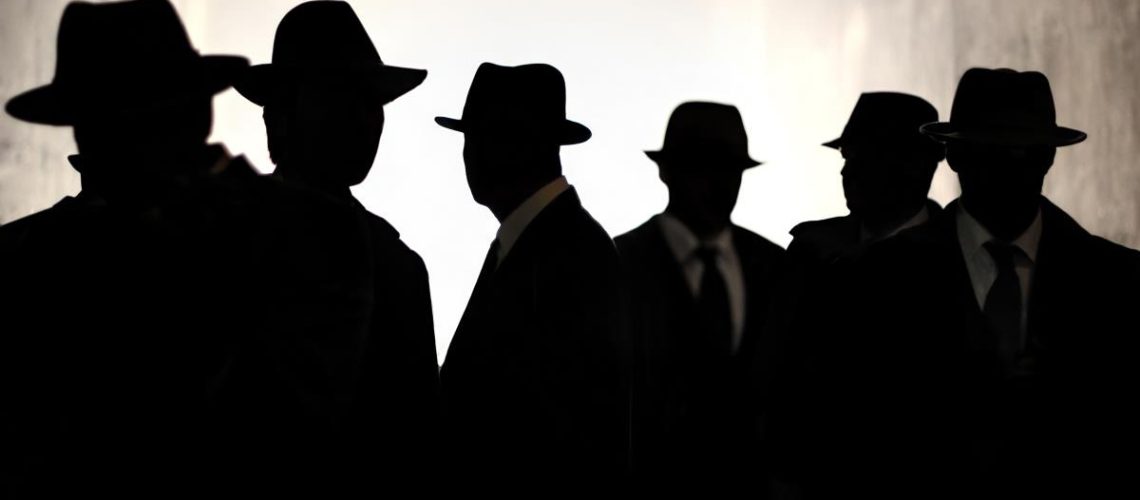- French authorities arrested four people for operating a pro-Russia spy ring.
- The group allegedly engaged in economic espionage and wartime propaganda.
- The main suspect leads a group posing as a humanitarian organization.
- The arrests highlight European fears of Russian hybrid warfare and destabilization campaigns.
- This case is part of a wider wave of suspected Russian sabotage across Europe.
In a timely reminder that the front lines of the conflict between the West and Russia extend far beyond the battlefields of Ukraine, French authorities have arrested four individuals suspected of operating a spy ring for a foreign power. The detentions in Paris, announced on Wednesday, target members of a pro-Russia group and underscore growing European fears of Russian destabilization campaigns. The case reveals a multi-pronged effort allegedly involving economic espionage and wartime propaganda on the streets of a major Western capital.
The Paris prosecutor’s office identified the main suspect as Anna Novikova, a 40-year-old dual French-Russian national. She is the founder of SOS Donbass, a group formed in 2022 that presents itself as a humanitarian organization. However, France’s domestic intelligence agency, the General Directorate for Internal Security (DGSI), had been monitoring her since January on suspicion of gathering intelligence.
According to the prosecutor, her activities went beyond humanitarian work. “In particular, she was suspected of having approached executives of various French companies in order to obtain information relating to French economic interests,” the office stated. This suggests a targeted effort to acquire sensitive economic data, potentially harming French national interests.
The investigation expanded to include three other men. Among them is a 40-year-old Russian national, identified as Vyacheslav P., who is accused of a brazen act of propaganda. Prosecutors say he was captured on video surveillance affixing pro-Russian posters to the iconic Arc de Triomphe in September. The posters featured a Russian soldier and the words “say thank you to the victorious soviet soldier.”
The prosecutor’s office noted that Vyacheslav P. was in contact by phone with Novikova, linking the propaganda effort directly to the leader of the suspected espionage ring. This connection illustrates how intelligence gathering and public influence operations can be intertwined.
Two French nationals were also swept up in the investigation. Vincent Perfetti, 63, identified by his lawyer as the president of SOS Donbass, and Bernard F., 58, face a series of serious charges. The allegations against them paint a picture of a coordinated network operating within France’s borders.
Novikova and Perfetti now face preliminary charges of criminal conspiracy, intelligence contacts with a foreign power and gathering information for a foreign power. Each of these crimes is punishable by up to 10 years in prison and significant fines. Both remain in detention as the investigation continues.
Perfetti’s lawyer, David Bocobza, has vigorously denied the accusations. He described the case as “absurd” and “a worrying shift toward the criminalization of pro-Russian opinions.” In a text message to The Associated Press, Bocobza argued, “This isn’t an espionage case. It’s a case of poster-stickers.”
Tensions between France and Russia are growing
The arrests occur against a backdrop of escalating tensions. French President Emmanuel Macron has recently amplified his warnings about Russia’s tactics. He stated this week that Russia is waging “hybrid wars” against Europe, employing proxies to undermine stability. “It pays people, mercenaries. It has pushed people to carry out destabilization activities in our countries,” Macron said.
This case is not an isolated incident. Across Europe, a wave of suspected Russian espionage and sabotage has prompted alarm. In the United Kingdom, multiple arrests have been made under national security laws, with individuals accused of working for Russian intelligence and carrying out arson attacks. Similar investigations are underway in Poland and other NATO member states.
The situation reveals a critical disconnect in how the conflict is perceived. Although official narratives often focus on military aid and battlefield updates, the reality is that Western nations are themselves becoming active theaters in a shadow war. The alleged actions of this network show a direct attempt to influence public opinion and steal economic secrets, and the quiet arrest of four people in Paris may prove to be a more significant indicator of the current global struggle than any official statement from a world capital.
Sources for this article include:


